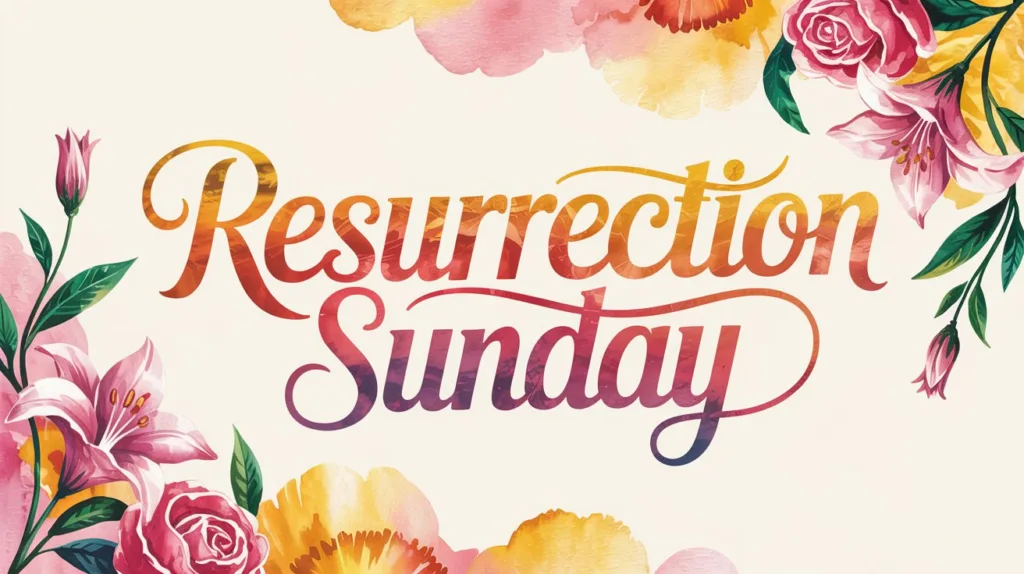The account of Barabbas carries profound insights that deepen our understanding of the gospel. His name, meaning “son of the father” in Aramaic, is deeply ironic, as the true Son of the Father, Jesus Christ, was crucified in his place. His role in the narrative highlights the stark contrast between guilt and innocence, rebellion and submission, and self-serving behavior versus self-sacrifice. Furthermore, the rejection of Jesus and His condemnation fulfill prophecies like Psalm 118:22, which declares, “The stone which the builders rejected has become the chief cornerstone.”
Barabbas: The Guilty Man
Barabbas is introduced in all four Gospels as a notorious prisoner (Matthew 27:16), an insurrectionist and murderer (Mark 15:7; Luke 23:19), and a robber (John 18:40). His crimes were severe and deserving of the punishment of death by crucifixion according to Roman law. Barabbas represents not just a criminal but the epitome of human guilt and rebellion against both God and man.
Barabbas was imprisoned for crimes that were a direct affront to Roman authority. Yet, in the events leading up to Jesus’ crucifixion, the people called for his release instead of Jesus, shouting, “Away with this Man, and release to us Barabbas” (Luke 23:18).
The Exchange: Jesus for Barabbas
Pilate, recognizing Jesus’ innocence (Luke 23:4, John 19:4), attempts to release Him, offering the crowd a choice between Jesus and Barabbas. It was a custom during the Passover to release one prisoner chosen by the people (Matthew 27:15). Yet, the religious leaders incited the crowd to demand Barabbas’ release and Jesus’ crucifixion (Matthew 27:20).
In this moment, we see a divine exchange: the guilty man goes free, and the innocent One takes his place. This is the heart of the gospel.
Isaiah 53:5 declares, “But He was wounded for our transgressions, He was bruised for our iniquities; the chastisement for our peace was upon Him, and by His stripes we are healed.”
Barabbas: A Picture of Us
Barabbas is a striking picture of our own sinful condition. Like Barabbas, we were guilty and deserving of death because of our sin (Romans 3:23; 6:23). Yet Jesus, the sinless Son of God, became a perfect sin offering so we could be set free (2 Corinthians 5:21). We, like Barabbas, were spared not because of anything we did but because of the grace of God and the sacrifice of Jesus.
Romans 5:8 reminds us, “But God demons/”>demonstrates His own love toward us, in that while we were still sinners, Christ died for us.”
Barabbas walked away free that day because Jesus went to the cross in his place. This physical exchange mirrors the spiritual exchange Christ made for all humanity.
The Role of the Religious Leaders
The religious leaders played a significant role in orchestrating Jesus’ death. They were outwardly pious but inwardly corrupt, consumed by pride, envy, and a desire to maintain their authority (Matthew 27:18; John 11:48).
Jesus condemned their hypocrisy, saying, “Woe to you, scribes and Pharisees, hypocrites! For you cleanse the outside of the cup and dish, but inside they are full of extortion and self-indulgence” (Matthew 23:25).
Their rejection of Jesus demonstrates that religion without a true relationship with God is hollow. They chose to condemn the righteous One while defending their own self-righteousness. This serves as a warning for us to examine our hearts and ensure we are truly following Jesus, not merely performing outward religious acts (Matthew 7:21-23).
The Call to Die to Ourselves
Jesus calls His followers to take up their cross and follow Him (Matthew 16:24). Barabbas was spared physical death, but we are called to die to ourselves daily.
Romans 6:6 explains, “knowing this, that our old man was crucified with Him, that the body of sin might be done away with, that we should no longer be slaves of sin.”
Barabbas’ freedom came at the cost of Jesus’ life, just as our spiritual freedom comes through Jesus’ sacrifice. Yet, unlike Barabbas, we are called not just to walk away free but to live lives that are fully surrendered to Christ, reflecting His love and truth to the world.
My Final Thoughts
The account of Barabbas is a vivid reminder of the gospel. We are Barabbas: guilty, condemned, and unable to save ourselves. Yet Jesus, the innocent One, took our place, bearing the wrath we deserved so we could walk free. His sacrifice calls us to a life of gratitude, surrender, and obedience.
As we reflect on Barabbas, let us examine our hearts. Are we like the religious leaders, clinging to self-righteousness and outward appearances? Or are we willing to die to ourselves and follow the One who gave everything for us?
Jesus doesn’t seek perfect people; He seeks those who are willing to follow Him wholeheartedly, no matter the cost. Let us walk in the freedom He purchased for us, living lives that glorify Him and proclaim the power of His sacrifice.





 Get the book that teaches you how to evangelize and disarm doctrines from every single major cult group today.
Get the book that teaches you how to evangelize and disarm doctrines from every single major cult group today.